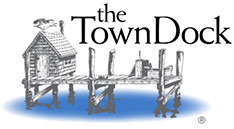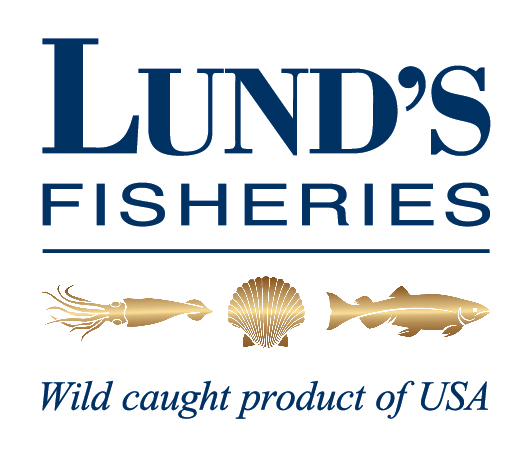January 11, 2024 — The following was released by the Fisheries Survival Fund and the American Scallop Association:
It is important to avoid confusion, and for the public to understand, that the scallops referenced in a recent advisory from the U.S. Food and Drug Administration (FDA) are not the type of scallops typically available in markets and restaurants across North America, and that the adductor muscle of the Atlantic Scallop (placopecten magellanicus), commonly referred to as the “scallop meat,” is not a threat.
The FDA is advising consumers not to eat, and restaurants and food retailers not to sell or dispose of, certain whole, live scallops received from an unlicensed harvester. These scallops are believed to have been harvested from prohibited state waters in Massachusetts and were incorrectly labeled. They were distributed to restaurants and food retailers in Illinois (IL), Massachusetts (MA), New Jersey (NJ), New York (NY), and Pennsylvania (PA).
Scallops are rarely sold live or whole in North America, and they are most often harvested offshore in federal waters, not in state waters. In the United States and Canada, consumers generally purchase just the adductor muscle, which is the white, meaty part seen in market displays and seafood dishes. This part of the scallop is prized for its delicate texture and sweet flavor.
Scallops are typically ‘shucked’ (opened and cleaned) at sea immediately after they are harvested. The scallop is removed from its shell, and the adductor muscle is separated from the rest of the body. Since this process is done at sea, what lands at the dock as ‘scallops’ are the shucked muscles.
The FDA advisory stated, “It is not uncommon for shellfish to be consumed raw and whole.” While this is true for some shellfish such as oysters and clams, it is not true for scallops. It is very uncommon for U.S. Atlantic sea scallops to be consumed raw and whole. In North American cuisine, scallops are typically consumed as just the adductor muscle, not the whole scallop including the roe (or coral).
The Atlantic sea scallop is one of the more sustainable seafood choices available, and much of the fishery has been certified as sustainable by the Marine Stewardship Council (MSC). The U.S. Atlantic sea scallop fishery is subject to strict regulations and management practices implemented by the National Oceanic and Atmospheric Administration (NOAA). These include measures such as limiting the total allowable catch, rotating fishing areas to allow for recovery, and using gear that minimizes environmental impact. Regular stock assessments are conducted to monitor the health and size of the scallop population.
Consumers may continue to buy and enjoy with confidence the shucked, white, meaty, and sustainable scallops familiar to them in grocery cases and on restaurant menus.
About the Fisheries Survival Fund
The Fisheries Survival Fund (FSF) was established in 1998 to ensure the long-term sustainability of the Atlantic sea scallop fishery. FSF participants include the vast majority of full-time Atlantic scallop fishermen from Maine to North Carolina. FSF works with academic institutions and independent scientific experts to foster cooperative research and to help sustain this fully rebuilt fishery. FSF also works with the federal government to ensure that the fishery is responsibly managed.
About the American Scallop Association
The ASA was founded in 1992 to foster a better public understanding of the importance of the scallop industry and to represent and promote the interests of the domestic, U.S. wild-caught, Atlantic sea scallop industry. Our aim is to support ASA members and all other affiliated interests to ensure a viable and long term future for the Atlantic sea scallop fishery through effective dialogue, consultation, collaboration and partnerships.





